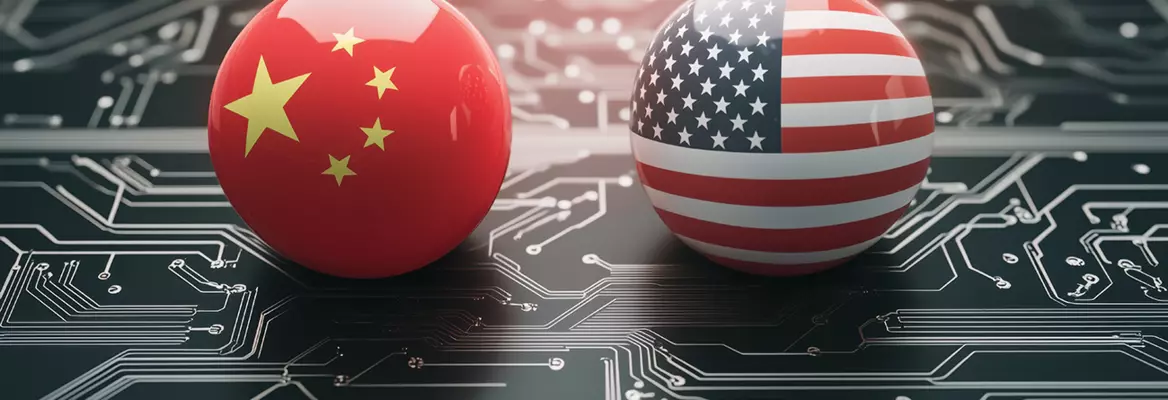That China will be the new superpower, alongside the United States, cannot be seriously contested. Its population of over a billion, its recent increase in economic strength and export capability, its status as a nuclear weapon state and its occupation of a permanent seat on the Security Council of the United Nations will ensure that its aspiration is realised.
Indeed, its emergence as a superpower should have occurred 50 years ago. It was the foolishness of its Communist ideology, of the Great Leap Forward, and of the Cultural Revolution under Mao Zedong, that seriously delayed its transformation.
In Communism and Marxism-Leninism the Soviet possessed an alternative ideology that had appeal to millions of ordinary people. China has no comparable ideology.
This is not just hypothesis. We have known, for many years, that the Chinese are excellent and successful capitalists when they are allowed to be. It is no coincidence that Taiwan, Singapore and Hong Kong, all Chinese states and territories, became as modern and prosperous , two generations ago, as China is now. It has been by adopting capitalism and market economics, although with “Chinese characteristics” that the so-called Peoples Republic has flourished since Deng Xaoping. Today, China is Communist in name only. In effect it has created a system of State Capitalism in order to enable the Communist Party to retain its power and privileges.
Although China, nominally a Communist state, is now the world's other superpower, the world is not about to see a new Cold War of a kind we faced with the Soviet Union from 1945-1989. There are several reasons why one can say that the two situations are not comparable.
Firstly, the Soviet Union was not just a national threat to the United States and to Europe. In Communism and Marxism-Leninism it possessed an alternative ideology that had appeal to millions of ordinary people in Asia, Africa and Latin America, as well as in Western Europe. China has no comparable ideology. Its enthusiasm for authoritarianism and dictatorship is of appeal to other despots and potential dictators. There may be other states that will end up, or even choose through election, a populist dictator but China cannot aspire, as the Soviet Union did, to be the potential leader of a global empire.
Secondly, China, unlike the Soviet Union, does not control or, so far as we are aware, aspire to control, as oppose to influence, the domestic or foreign policy of any other state, apart from Taiwan. The Soviets controlled the satellite states of Eastern and Central Europe throughout the Cold War and invaded Hungary and Czechoslovakia when they tried to restore their independence.
Thirdly, although China has greatly increased its military and naval power it will remain far weaker than the United States both in nuclear weapons and conventional military strength for the foreseeable future.
China’s achievements remain significantly less than its Asian neighbours who have shown that one can combine prosperity with genuine democratic systems of government.
At the time of writing, the Chinese government's influence and authority in the world is in decline. Its attempts to conceal the Coronavirus, and its almost certain falsification of the number of deaths and infections that have occurred in China have not only eroded its legitimacy with its own people but has already incurred severe criticism from African and other governments in the developing world. In North America and Europe China, with its current policies, is seen as a much less attractive partner than in the past.















Join the conversation